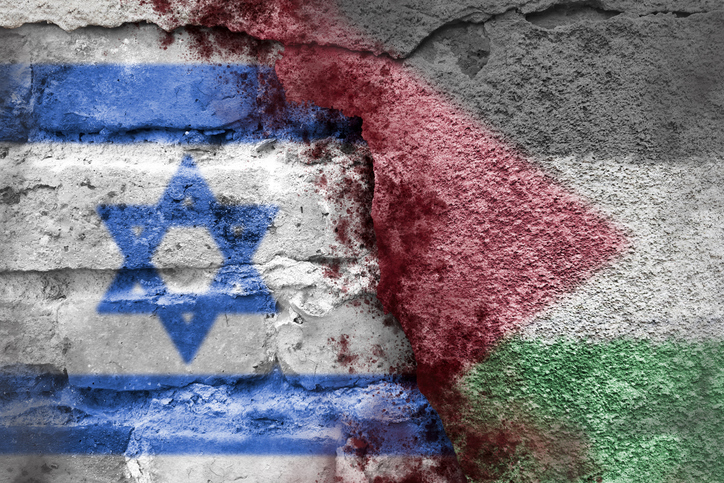Gaza ceasefire has now started, but for how long?
The ceasefire between Israel and Hamas in Gaza, which officially came into effect at 11:15 a.m. (4:15 a.m. ET) on Sunday, has been a significant development in the ongoing conflict that has left thousands dead and displaced millions. This truce, however, is far from guaranteed to be long-lasting, as the situation remains highly volatile and fraught with political complexities. Initially set to begin at 8:30 a.m. (1:30 a.m. ET), the ceasefire was delayed by nearly three hours due to a “technical” issue involving the names of hostages scheduled for release.
As Israel and Hamas engage in negotiations over the terms of the truce, the question remains: how long will this ceasefire last, and what conditions will determine its duration? While it is difficult to predict the exact timeline, several key factors will influence the ceasefire’s lifespan.
Immediate Political Reactions and Tensions
The ceasefire has already triggered significant political fallout in Israel. The far-right Jewish Power party, led by national security minister Itamar Ben-Gvir, has vocally opposed the ceasefire, with Ben-Gvir even resigning from his position in protest. His departure, along with that of two other ministers, has left Prime Minister Benjamin Netanyahu with a much slimmer parliamentary majority, which could complicate any future negotiations or decisions regarding the truce.
Ben-Gvir, a staunch critic of the ceasefire, has labelled the agreement as a "complete victory for terrorism," emphasising the deep political divisions within Israel over how to handle the Gaza conflict. This political instability in Israel could make it harder for Netanyahu to maintain a long-term ceasefire, as his coalition may push for a resumption of military actions, especially given the pressures from hardline factions within the government.
Hostage Negotiations and Conditions of the Ceasefire
A key component of the ceasefire is the issue of hostages. Hamas is expected to release three hostages as part of the agreement, but this process is highly complex and fraught with uncertainty. The delayed start of the ceasefire was tied to the technical issue of verifying the names of these hostages, and any complications in the hostage release could derail the ceasefire entirely. Both sides are under immense pressure to uphold their commitments, but with the high stakes of hostage exchanges, the ceasefire could be tested if one party fails to meet the agreed terms.
Additionally, the broader humanitarian situation in Gaza and the ongoing military objectives of both sides could also impact the ceasefire. While there is relief for the population in Gaza following the cessation of airstrikes, the underlying tensions and unresolved issues between Israel and Hamas mean that a fragile truce may not hold for long. Hamas has already indicated that it may resume military activities if its demands are not met or if it perceives that Israel is not honouring the terms of the ceasefire.
International Pressure and Mediation
The international community, including the United Nations and various global powers, has urged both Israel and Hamas to uphold the ceasefire and move towards a more sustainable peace agreement. However, the effectiveness of such international pressure remains uncertain. The longer the ceasefire holds, the greater the chance for mediation and negotiation to take root, potentially leading to a more lasting peace deal. But this would require both sides to make significant concessions—something that seems unlikely given the entrenched positions and competing national interests.
The Likely Outcome
In the short term, the ceasefire could last for several days or even weeks, depending on the willingness of both parties to adhere to its terms. However, the volatility of the situation suggests that it is unlikely to be a permanent solution. With political pressures in Israel, continued military goals from Hamas, and ongoing humanitarian needs, the ceasefire may serve as a temporary pause in a much longer and more complex conflict.
Ultimately, the longevity of this ceasefire will depend on the political landscape in Israel, the success of hostage negotiations, and the broader willingness of both sides to pursue a more stable peace process. Until these issues are addressed, the truce remains precarious at best.


















